by Adrian Flohé

Under this motto, the AnglistenTheater performs three short dramas on three consecutive days at the very end of November. This month on the 28th, 29th, and the 30th, you can attend 3 fantastic plays right here in the Sensemble theatre in Augsburg. The performance starts at 08:30 pm every day and deals with the topic of intimidation, violence, political repression, and terror within 90 minutes.
Harold Pinter, Mountain Language
The four short scenes of Harold Pinter’s “Mountain Language” are set in an authoritarian country where mountain dwellers are forbidden to use their own language, where prisoners are mistreated and visiting women and mothers are harassed and molested with impunity.
Samuel Beckett, What Where and Catastrophe
In contrast to the realist mode of Pinter’s “Mountain Language”, Beckett’s short one-act plays “What Where” and “Catastrophe” – a play first performed in 1982 and dedicated to the imprisoned Vaclav Havel – are abstract, stylized parables that confront the audience with a world in which the unquestioning dressing down of people is enacted by mercilessly autocratic impresarios.
Bonus
As a neat bonus, some pictures by Baran Abosaeedi, who created the image used on the posters, flyers, and tickets, will be shown in a slide show in the intermission, and you will even be able to meet Baran at the premiere on the 28th of November.
I Watched It and This Is My Opinion
First of all, I was impressed of how compact the Sensemble theatre is because I was used to the dimensions of Munich’s theatre scene. But it wasn’t something that seemed like a bad thing to me at all, it rather flattered the general mood and after an extremely kind reception, the atmosphere invited for some drinks at the bar where people were already chatting to relaxed lounge music.
When the play started I was amazed by how they managed to include certain light effects in order to illustrate a curtain, to set focus of certain spots and to change the general mood of the performance.
I was accompanied by a non-English student and was worried about the level of English spoken at first but it turned out to be pretty understandable and everyday English so that no problems of understanding came up.
In the 20 minute break after roughly 30 minutes of play, a slideshow about impressive pieces of art was shown. These drawings were underlined by texts describing the disturbing situation of what the three studies in cruelty made a subject of discussion. And being able to recap the first act after a fairly short amount of time, makes this a very beginner friendly theatre play in general, they even included some humorous parts without taking the serosity out of the subject.
The last two acts were more abstract but by no means less worth seeing. My personal favourite was the very last act where the actors even broke the 3rd dimension and made auditorium their stage.
All in all, it has been a very worthwhile experience for me and my partner and she even called it a piece that finally brings up the important issues, similar as we already know it from popular celebrities such as Joko Winterscheidt and Klaas Heufer-Umlauf and their recent actions.
So, Make Sure Not to Miss Your Chance
And if you did, no worries, there will be an intensive rehearsal week between March 26 and March 31/April 1 in 2023 in Sion, Switzerland. Or maybe you’re even interested in joining the team and performing yourself, in this case make sure to keep the 17th of January free and attend their general meeting right at our university.

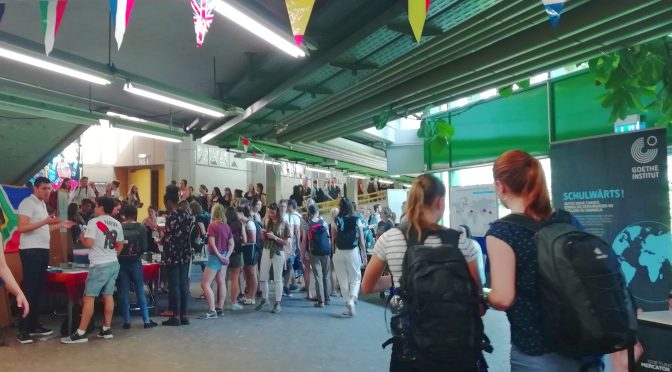
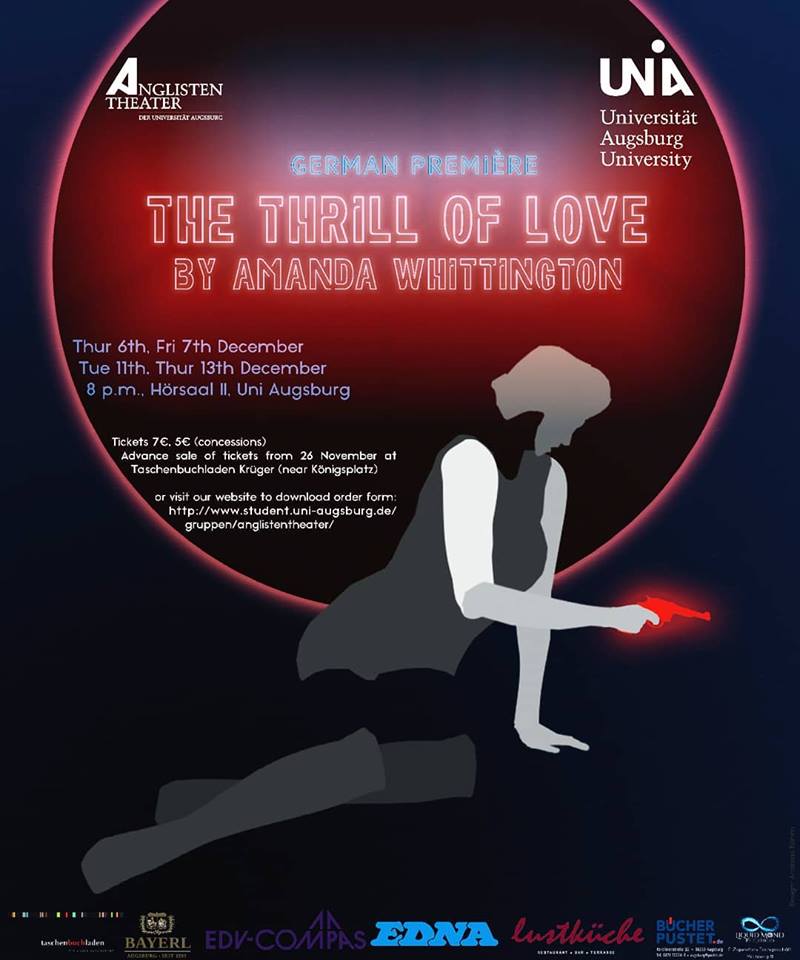
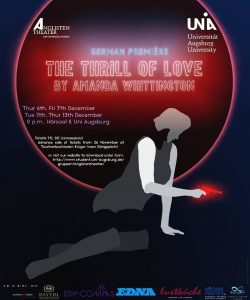
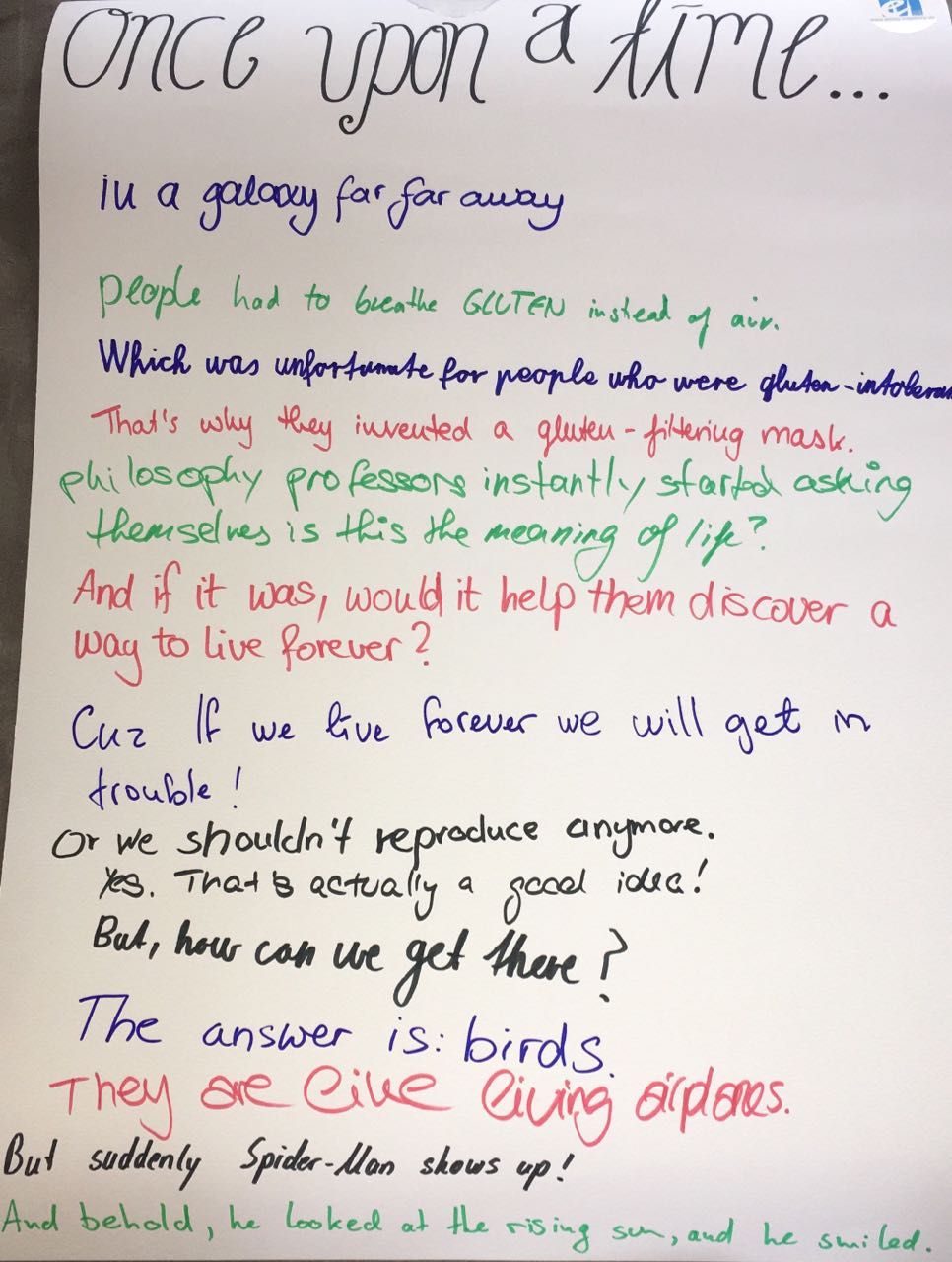
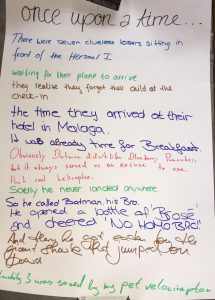 There were seven clueless losers sitting in front of the Hörsaal I waiting for their plane to arrive, they realized they forgot their child at the check-in. The time they arrived at their hotel in Malaga it was already time for breakfast. Obviously Batman didn’t like Blueberry Pancakes, but it always served as an excuse to use that cool helicopter. Sadly he never landed anywhere. So he called Batman, his Bro. He opened a bottle of ‘Brosé’ and cheered “NO HOMO BRO!!” and then he got eaten by the giant shark that jumped on board, luckily I was saved by my pet velociraptor.
There were seven clueless losers sitting in front of the Hörsaal I waiting for their plane to arrive, they realized they forgot their child at the check-in. The time they arrived at their hotel in Malaga it was already time for breakfast. Obviously Batman didn’t like Blueberry Pancakes, but it always served as an excuse to use that cool helicopter. Sadly he never landed anywhere. So he called Batman, his Bro. He opened a bottle of ‘Brosé’ and cheered “NO HOMO BRO!!” and then he got eaten by the giant shark that jumped on board, luckily I was saved by my pet velociraptor.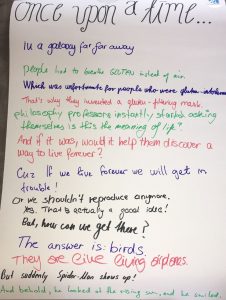 In a galaxy far far away people had to breathe GLUTEN instead of air which was unfortunate for people who who were gluten-intolerant. That’s why they invented a gluten-filtering mask. Philosophy professors instantly started asking themselves is this meaning of life? And if it was, would it help them discover a way to live forever? Cuz if we live forever we will get in trouble! Or we shouldn’t reproduce anymore. Yes, That’s actually a good idea! But how can we get there? The answer is: birds. They are like living airplanes. But suddenly Spider-man shows up! And behold, he looked at the rising sun, and he smiled.
In a galaxy far far away people had to breathe GLUTEN instead of air which was unfortunate for people who who were gluten-intolerant. That’s why they invented a gluten-filtering mask. Philosophy professors instantly started asking themselves is this meaning of life? And if it was, would it help them discover a way to live forever? Cuz if we live forever we will get in trouble! Or we shouldn’t reproduce anymore. Yes, That’s actually a good idea! But how can we get there? The answer is: birds. They are like living airplanes. But suddenly Spider-man shows up! And behold, he looked at the rising sun, and he smiled.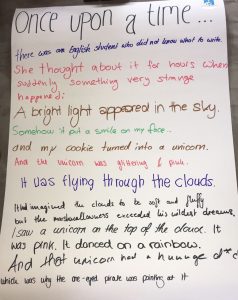 There was an English student who did not know what to write. She thought about it for hours when suddenly something very strange happened: A bright light appeared in the sky. Somehow it put a smile on my face.. and my cookie turned into a unicorn and the unicorn was glittering&pink. It was flying through the clouds. I had imagined the clouds to be soft and fluffy but the marshmallowness exceeded his wildest dreams. I saw a unicorn on the of the land. It was pink. It danced on a rainbow. And that unicorn had a huuuge d*ck which was why the one-eyed pirate was painting at it.
There was an English student who did not know what to write. She thought about it for hours when suddenly something very strange happened: A bright light appeared in the sky. Somehow it put a smile on my face.. and my cookie turned into a unicorn and the unicorn was glittering&pink. It was flying through the clouds. I had imagined the clouds to be soft and fluffy but the marshmallowness exceeded his wildest dreams. I saw a unicorn on the of the land. It was pink. It danced on a rainbow. And that unicorn had a huuuge d*ck which was why the one-eyed pirate was painting at it.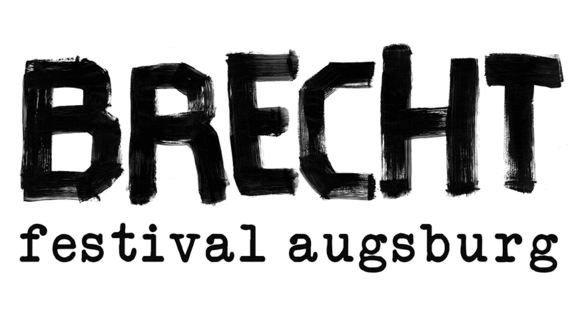
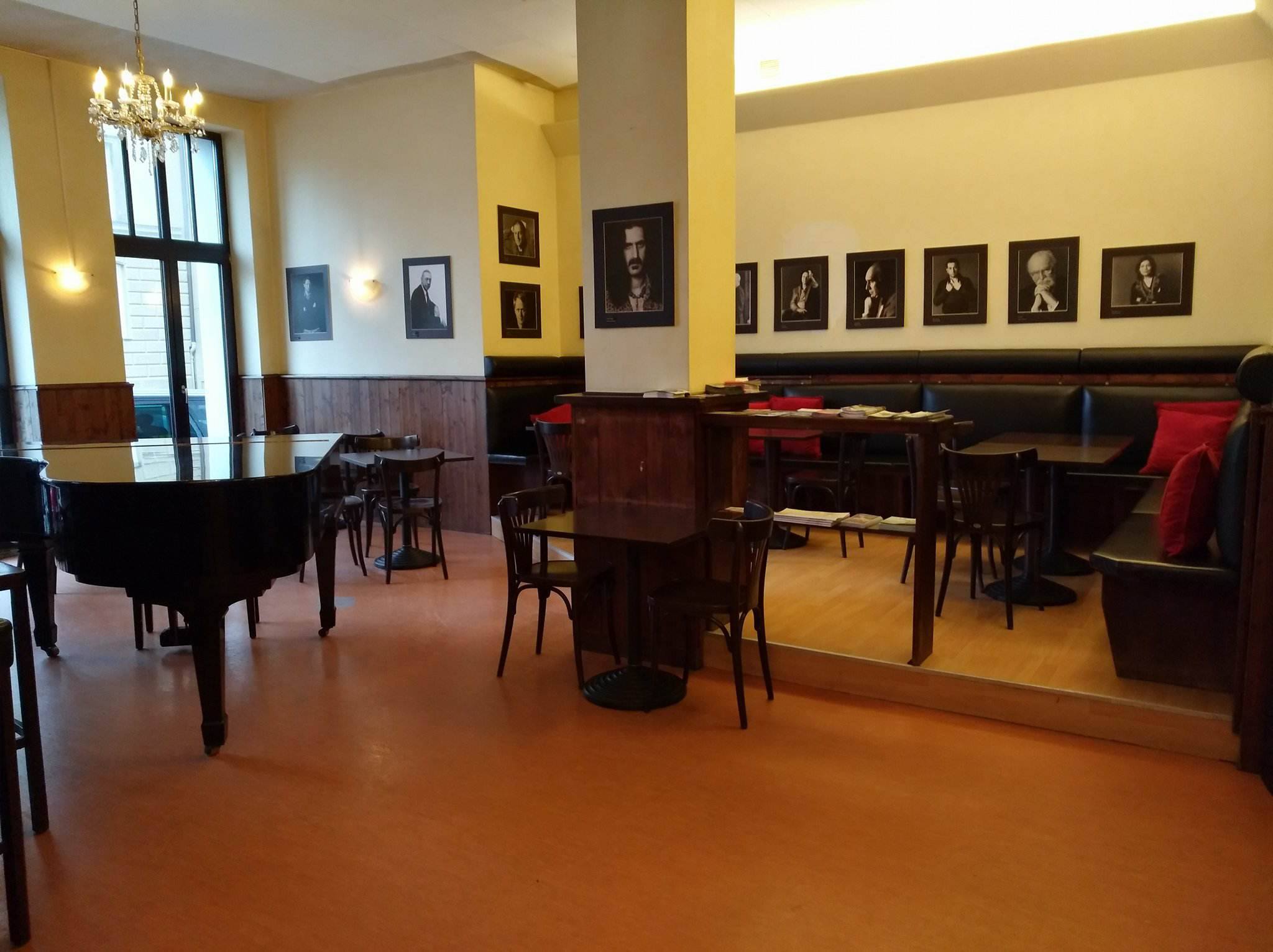
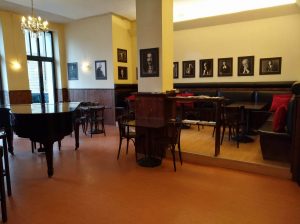 Thalia rocks!
Thalia rocks!